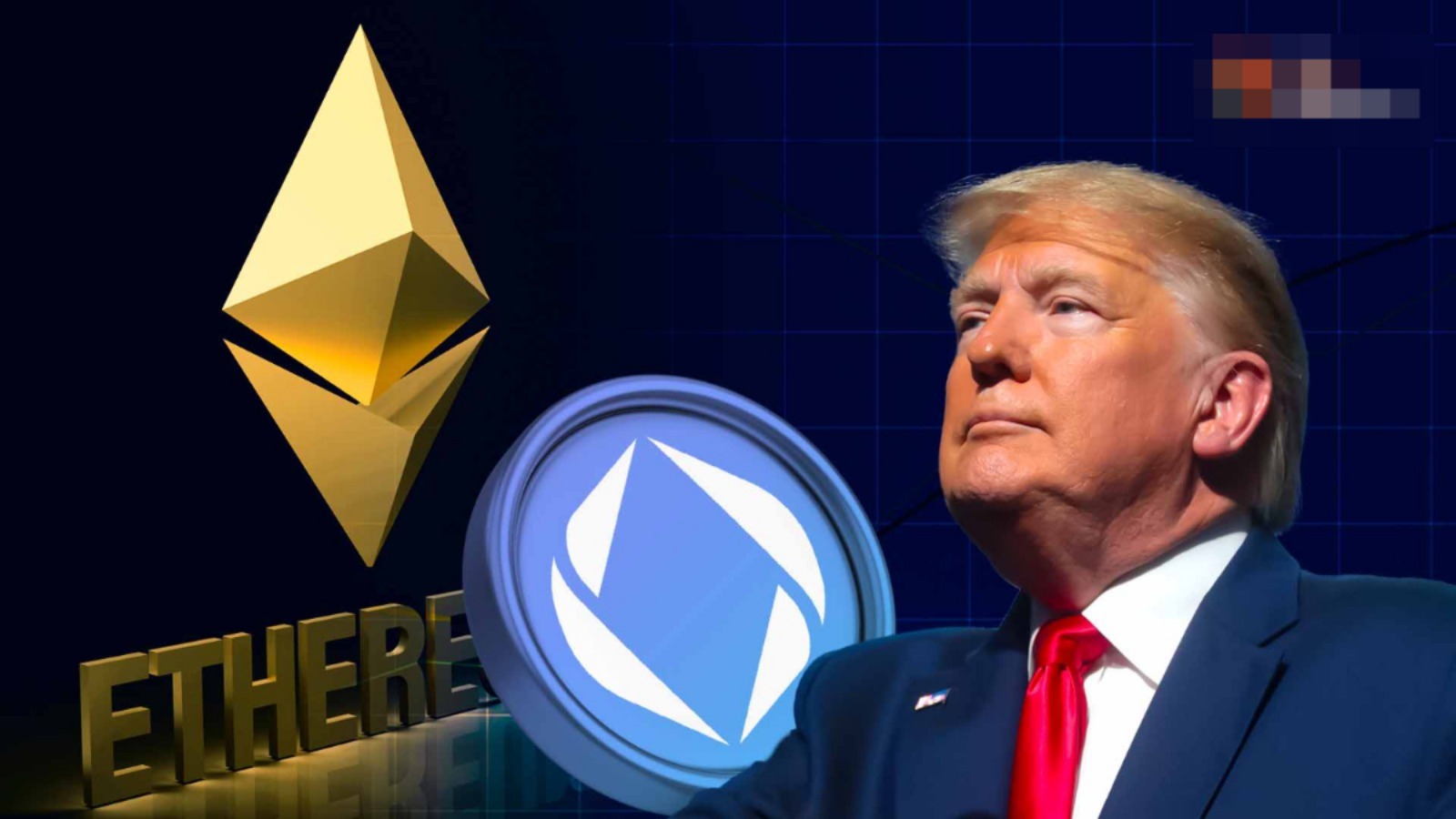In the rapidly evolving world of blockchain and cryptocurrency, digital identities are becoming increasingly significant. One such intriguing example is BarronTrump.eth, an Ethereum Name Service (ENS) domain associated with Barron Trump, the youngest son of former U.S. President Donald Trump. While it remains unclear whether Barron himself owns or controls this domain, its existence has sparked curiosity among crypto enthusiasts, political observers, and digital identity analysts.
This article explores the significance of BarronTrump.eth, the broader implications of ENS domains for public figures, and what this could mean for the future of digital identity in an increasingly decentralized internet.
1. What is BarronTrump.eth?
Understanding ENS Domains
The Ethereum Name Service (ENS) is a decentralized domain naming system built on the Ethereum blockchain. Unlike traditional domain names (e.g., .com or .org), ENS domains end in .eth and are used primarily for cryptocurrency transactions, decentralized websites, and digital identity verification.
An ENS domain simplifies blockchain interactions by replacing complex wallet addresses (e.g., 0x4f3...c2b) with human-readable names (e.g., BarronTrump.eth). This makes sending and receiving cryptocurrencies easier while also serving as a personal or brand identifier in the Web3 space.
Who Owns BarronTrump.eth?
As of now, there is no confirmed information linking Barron Trump directly to this ENS domain. Given his age (born in 2006), it is possible that someone else—perhaps a fan, a crypto enthusiast, or even a squatter—registered the name.
ENS domains operate on a first-come, first-served basis, meaning anyone can register a public figure’s name if it hasn’t been claimed yet. This has led to instances of domain squatting, where individuals register high-profile names hoping to sell them later at a premium.
Possible Motivations Behind the Registration
-
Speculative Investment – The registrant may hope that Barron or the Trump family will eventually want to acquire the domain.
-
Political Statement – Given the Trump family’s polarizing nature, the domain could be used for activism or satire.
-
Fan Tribute – Some supporters may register the domain as a form of admiration.
-
Decentralized Identity Experiment – The owner might be exploring Web3 identity solutions without any direct connection to Barron.
2. The Rise of Celebrity ENS Domains
BarronTrump.eth is not an isolated case. Many celebrities, politicians, and influencers have had their names registered as ENS domains, often without their direct involvement. Some notable examples include:
-
ElonMusk.eth – Registered by an unknown party; Elon Musk has not publicly acknowledged it.
-
TaylorSwift.eth – Likely owned by a fan or investor rather than the singer herself.
-
JoeBiden.eth – Another politically relevant domain with unclear ownership.
Why Do People Register Celebrity ENS Domains?
-
Monetization – Some hope to sell the domain to the actual person or their representatives.
-
Decentralized Branding – Companies and individuals are increasingly securing Web3 identities to protect their digital presence.
-
Memes & Culture – Crypto communities enjoy registering humorous or culturally significant names.
Legal and Ethical Considerations
Unlike traditional domain squatting (e.g., cybersquatting under ICANN rules), ENS domains exist in a decentralized space with fewer legal protections. However, some argue that:
-
Trademark laws could still apply if the domain is used maliciously.
-
Reputation risks arise if someone uses a celebrity’s name for scams or misinformation.
3. Could Barron Trump Claim the Domain?
If Barron Trump or his representatives wanted to take control of BarronTrump.eth, they would have a few options:
A. Negotiating a Purchase
The current owner might be willing to sell the domain, especially if offered a significant sum. High-profile ENS domains have sold for thousands (or even millions) of dollars in the past.
B. Legal Action (If Applicable)
If the domain is being used for fraudulent purposes, legal avenues such as trademark disputes could be pursued. However, ENS’s decentralized nature makes enforcement difficult.
C. Waiting for Expiration
ENS domains must be renewed periodically. If the current owner forgets to renew, Barron or his team could register it afterward.
4. The Future of Digital Identity in Web3
BarronTrump.eth is more than just a curiosity—it highlights broader trends in digital identity:
A. Self-Sovereign Identity (SSI)
Web3 promotes the idea of individuals owning and controlling their digital identities without relying on centralized entities (e.g., Facebook, Google). ENS domains play a role in this shift.
B. Decentralized Social Media
Platforms like Lens Protocol and Farcaster integrate ENS domains as usernames, making them portable across apps.
C. NFTs and Verified Identity
Some projects are linking ENS domains to NFT-based verification, ensuring authenticity in the metaverse.
D. Potential Risks
-
Impersonation scams (fake celebrity wallets)
-
Lost access (if private keys are mishandled)
-
Regulatory uncertainty (how governments will treat blockchain identities)
5. Conclusion: What BarronTrump.eth Represents
While we may never know who truly owns BarronTrump.eth, its existence underscores the growing intersection of blockchain technology, digital identity, and popular culture. Whether as a speculative asset, a political statement, or a Web3 experiment, this domain reflects how decentralized systems are reshaping online interactions.
For public figures like Barron Trump, securing ENS domains early may become as essential as owning social media handles. As Web3 evolves, we can expect more discussions around ownership, privacy, and the ethics of digital identity in an open, permissionless internet.
In the meantime, BarronTrump.eth remains a fascinating case study in the wild west of blockchain naming—a reminder that in the digital age, your identity might already be on the blockchain, whether you know it or not.
Final Thoughts
Would Barron Trump ever use his .eth domain? Only time will tell. But one thing is certain: the era of decentralized digital identity is here, and it’s changing how we think about names, ownership, and online presence forever.
